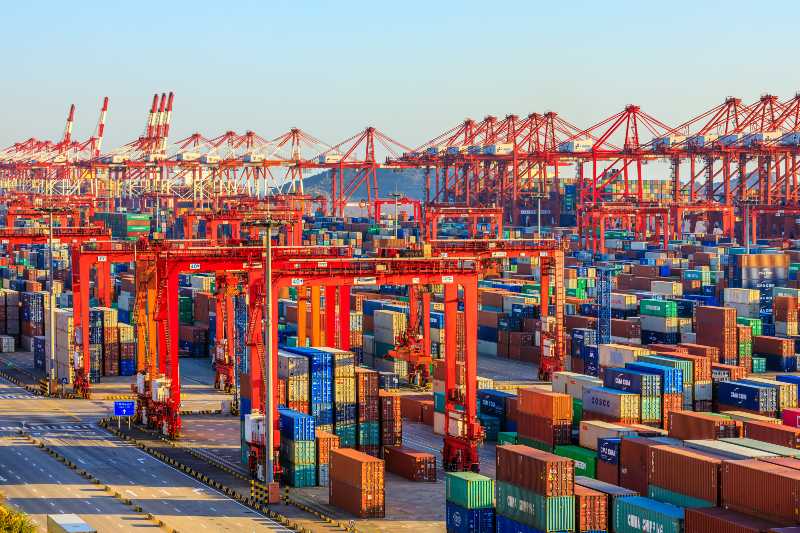Economy
We Must Counter China’s Trade Influence by Joining CPTPP
On Sept. 16, China formally applied to join the Comprehensive and Progressive Agreement for Trans-Pacific Partnership (CPTPP), formerly the Trans-Pacific Partnership (TPP), from which the Trump administration withdrew the United States in 2017.
RELATED: Biden and China: What We Should Expect
We Must Counter China’s Trade Influence by Joining CPTPP

The Comprehensive and Progressive Agreement for Trans-Pacific Partnership is comprised of 11 countries: Australia, Brunei, Canada, Chile, Japan, Malaysia, Mexico, New Zealand, Peru, Singapore, and Vietnam. The 11 CPTPP members must all agree to allow China to join the group.
Due to China's non-market trade practices and economic coercion tactics, this unanimous affirmation seems unlikely. However, China has clearly made a stand where the United States has been unable to, and should they join the CPTPP, it stands to reason that they could block the United States from future membership.
For reference, U.S. animal food exports to Comprehensive and Progressive Agreement for Trans-Pacific Partnership countries represent $5.6B and are critical to the animal food industry.
Leading members of the Senate Finance Subcommittee on International Trade, Customs, and Global Competitiveness are urging the United States to join the Comprehensive and Progressive Agreement for Trans-Pacific Partnership, emphasizing the need to assert U.S. leadership in the Asia-Pacific region.
The administration has not ruled out applying to CPTPP, but President Joe Biden has indicated that he would seek changes to CPTPP prior to joining. However, if China is successful in joining the CPTPP, the United States' chances of joining would be impossible given all members, including China, would have to agree to the U.S. join.
The irony here is that the pact was originally created with the intent to counter China's trade influence, and the United States walked away from it.
Nevertheless, the administration has said from the start that its priority is focusing on domestic issues before considering any new trade agreements and we have a long way to go.
The United States is not the only country that would be negatively affected by China's accession. On Sept. 22, Taiwan also applied to join the CPTPP.
The political climate between China, Taiwan, and the international community is fraught, to say the least. Taiwan sees the CPTPP as another way to show independence from China and recognizes the danger to its independence and economic status, should China be accepted into the trade relationship.
The AFIA will keep members abreast as this situation unfolds.
You Might Also Like:
- ‘Fair Share’ Biden May Owe Up To $500K In Back Taxes
- Costco To Place Purchase Limits on Toilet Paper
- Biden’s Energy Policies Are a Tax on the Working Class
Keep up to date with the breaking news by following us on Facebook and Instagram.
Article Source: NewsEdge